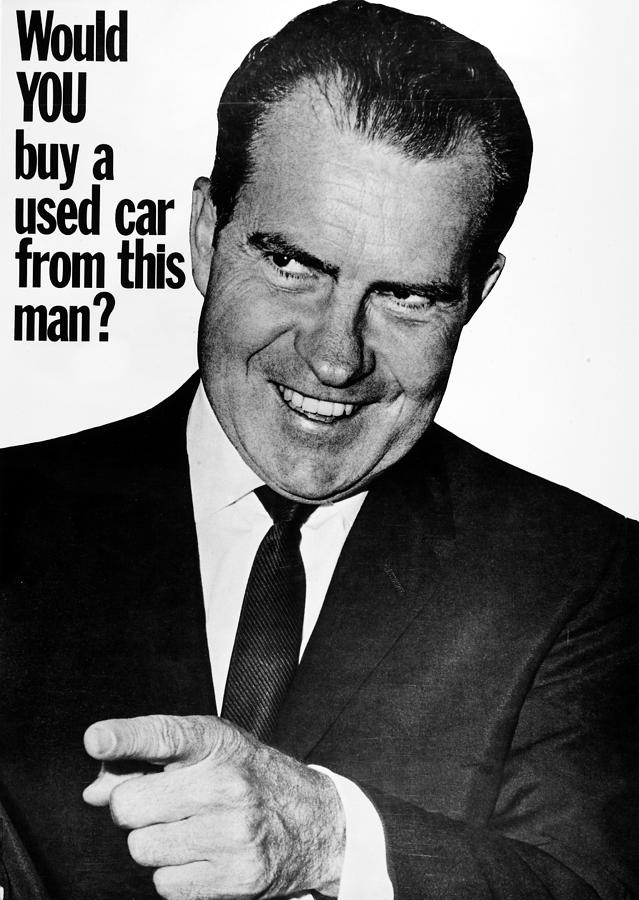For years I’ve been listening to cranks talk about how fiat money is worthless and how we should return to the gold standard. Now, I’m not an economist, and I have only the most rudimentary understanding of economics as a field, but I do understand one simple economic principle: value isn’t inherent in anything, value is imposed by common interest. As I understand it, gold became a value standard in part because of its beauty but also because of its rarity. Aluminum (aluminium for you fans of the mother tongue) was once the province of kings because of its rarity before we learned to pull it out of the very soil. We prize things that are difficult to get, which is the argument goldbugs use to explain why paper, or “fiat” currency is trash. How can paper money be valuable when all we need to do is give ourselves permission to print more of it?
That brings us to cryptocurrency. In 2008 someone introduced the idea of a digital currency that requires computer resources to “mine” the complex blockchains that validate them as the real thing. The encryption is so complex and monitored that it’s allegedly impossible to hack. This artificial scarcity for cryptocurrency makes it difficult to obtain and therefore valuable. But why should anyone care about a complex series of bits and bytes on a hard drive? Well, because we said so, that’s why. Bitcoin isn’t any less arbitrary as currency than gold or paper currency. It’s valuable because we agree it’s valuable, and therefore can be used in exchange for goods and services by those willing to deal in it. Advocates say that digital currency ought to replace fiat currency because it’s stable (spoiler: it isn’t) and can’t fail like the US dollar (it can).
Why do I bring this up? Because of the hilarious news I saw about a man who lost a hard drive with something like eight thousand Bitcoins he had mined, currently estimated to be worth $760 million dollars. It turned out that his ex-girlfriend threw it away. The story itself is comedy gold, but the part that I think is lost on most people is the fact that cryptocurrency has still failed to live up to its promise of replacing physical currency as the standard. Note how the title of the article calculates the estimated value of the Bitcoins in US dollars.
Over a hundred years ago, the US pegged its monetary system to gold, and our economy was in a constant state of boom and bust because the value of gold isn’t as reliable as goldbugs claim it is. Silver didn’t do any better. What stabilized our economies the best was monetary policy, where smart professionals used their training and expertise to adjust economic conditions via interest rates and public policy. This smoothed out the market highs and lows so ordinary people like you and I didn’t suffer so much during market failures. In the 1980s, conservative lawmakers started rolling back those policies and regulations to give markets a freer hand at operating, and we got the Savings & Loan crash in the late 80s, then the 2007 market crash that made my 401k accounts disappear. Economic stability doesn’t come from pegging our currency to anything in particular, it comes from careful regulation and maintenance of our economic environments.
Last, but not least, cryptocurrency is a ponzi scheme. Unless you’re mining it yourself, buying cryptocurrency with your own money just enriches everyone up the chain who invested before you. Any benefit you get depends on others following you to buy it after you. If you are mining it yourself, then you’re depending on suckers to pay real money to inflate the value. It’s valuable because we think it’s valuable, not because it has any inherent value in itself.
There are other problems inherent with cryptocurrencies that invite criminal activity and international espionage, but they’re not really germane to the point I’m making here. I don’t do cryptocurrency in part because I don’t think it’s ethical, and largely because it’s not the magic spell its backers would have you believe. I hope you won’t fall for the scam, either.

 Most con artists
Most con artists  Is it acceptable to jump into a confidence scam because it gives you hope? I don't think so. Con artists rely on our willingness to trust and count on
Is it acceptable to jump into a confidence scam because it gives you hope? I don't think so. Con artists rely on our willingness to trust and count on 